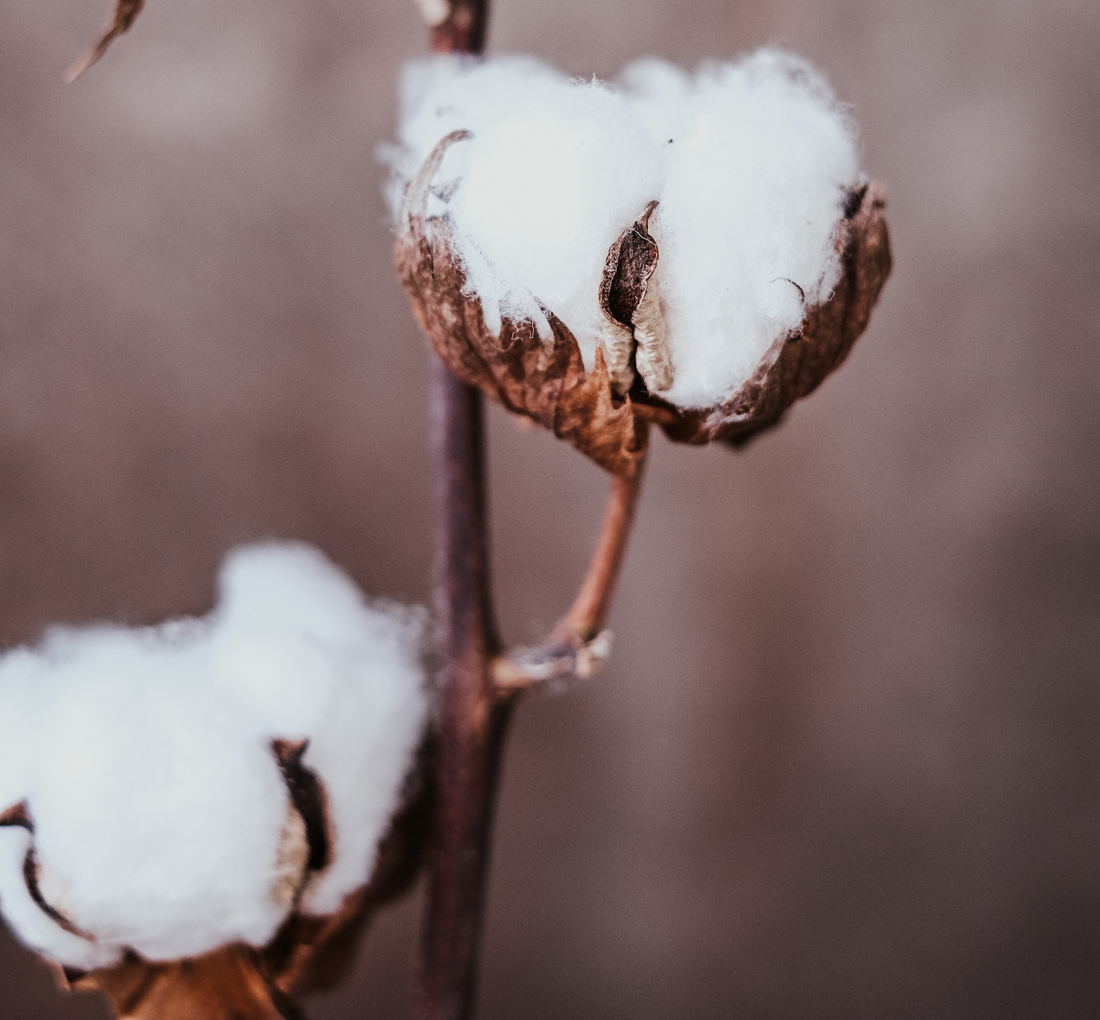In recent years, the demand for sustainable and eco-friendly products has surged, prompting consumers to seek alternatives that align with their values. One such alternative is organic cotton, a natural fiber that is grown without the use of harmful chemicals and pesticides. Organic cotton farming practices prioritize environmental conservation, farmer well-being, and the production of high-quality textiles. In this blog post, we will delve into the fascinating world of organic cotton farming, exploring its benefits, methods, and impact on the planet.
Firstly, we need to define what organic cotton truly means. Organic cotton farming involves cultivating cotton crops using organic agricultural practices. This approach rejects the use of synthetic chemicals, genetically modified organisms (GMOs), and toxic pesticides. Instead, it emphasizes the use of sustainable techniques that promote soil health, biodiversity, and water conservation.
Certification bodies, such as the Global Organic Textile Standard (GOTS) and the Organic Content Standard (OCS), provide guidelines and standards for organic cotton production. These certifications ensure that specific criteria for organic cultivation and processing are met, allowing consumers to identify and choose products made with organic cotton.
There are some key characteristics and practices that certification bodies look for in qualifying cotton as organic:
-
Non-Use of Synthetic Chemicals: Organic cotton farming prohibits the use of synthetic chemicals, including pesticides and fertilizers. Instead, farmers rely on natural and biological means to control pests, enhance soil fertility, and manage weeds. This is not only beneficial for consumers and the environment, but crucial in the long term health and well being of the farmers.
-
Soil Health: Organic cotton cultivation focuses on maintaining and improving soil health through practices such as crop rotation, composting, and the use of organic matter. This helps preserve the quality of the soil and its ability to retain water, nutrients, and biodiversity.
-
Water Conservation: Organic cotton farming emphasizes water conservation through efficient irrigation methods and reducing water wastage. By promoting sustainable water management practices, organic farming minimizes the negative impact on local water sources.
-
Biodiversity: Organic cotton farming encourages biodiversity by promoting the growth of various plant species alongside cotton. This approach helps create a more balanced ecosystem, providing habitats for beneficial insects, birds, and other organisms that contribute to natural pest control.
-
Fair Trade and Social Responsibility: Beyond environmental considerations, organic cotton farming also focuses on improving the social and economic conditions of farmers. Fair trade initiatives ensure that farmers receive fair prices for their products, fostering equitable trade relationships and supporting local communities.
Organic cotton farming represents a significant step towards sustainable and ethical textile production. By embracing organic practices, we can reduce chemical pollution, conserve precious resources, protect biodiversity, and promote the well-being of farmers and consumers alike. As conscious consumers, we have the power to drive change by supporting organic cotton products and spreading awareness about the importance of sustainable farming practices. Let's cultivate a future where fashion meets sustainability, one organic cotton fiber at a time!

